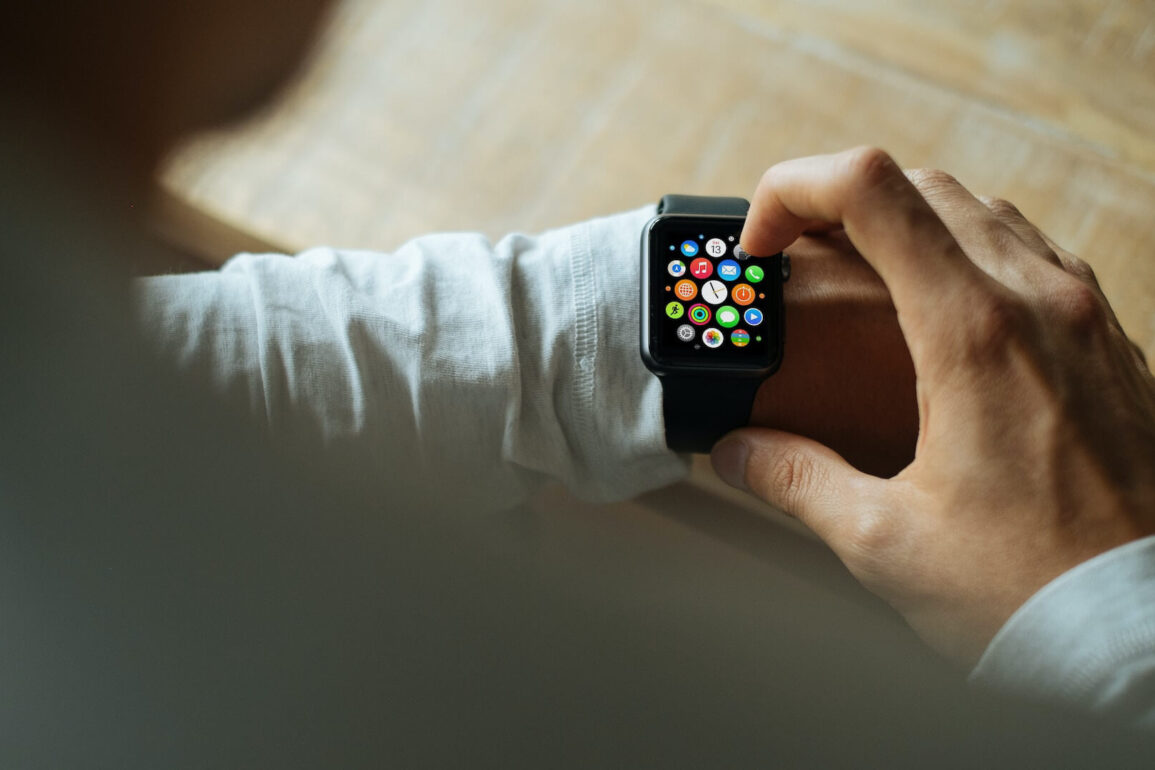Smartwatches and wearable technologies have revolutionized the way we track and monitor our health and fitness activities. These devices offer a range of features and applications that enable users to stay connected, monitor their physical well-being, and enhance their overall sports performance. In this article, we will explore the sports and health applications of smartwatches and wearable technologies, highlighting their benefits and impact on our daily lives.
1. Fitness Tracking and Activity Monitoring
Smartwatches and wearables serve as personal fitness assistants, tracking various metrics such as steps taken, distance traveled, calories burned, and heart rate. They provide real-time feedback and motivation to encourage users to stay active and achieve their fitness goals. With advanced sensors and algorithms, these devices accurately monitor activities such as walking, running, cycling, and even swimming, helping users gain insights into their exercise routines and progress.
2. Heart Rate Monitoring
Heart rate monitoring is a key feature of smartwatches and wearables. By continuously monitoring heart rate throughout the day, these devices offer valuable insights into users’ cardiovascular health and help detect irregularities. Users can track their resting heart rate, exercise heart rate zones, and receive alerts if their heart rate exceeds or falls below certain thresholds, ensuring they exercise within safe and effective ranges.
3. Sleep Tracking and Analysis
Many smartwatches and wearables provide sleep-tracking features that monitor sleep duration, quality, and patterns. By analyzing data such as sleep stages, movement, and heart rate variability, these devices offer insights into the quality of sleep and provide personalized recommendations for improving sleep habits. Users can set sleep goals, establish bedtime routines, and wake up to gentle alarms, promoting healthier sleep habits and overall well-being.
4. Sports Performance Enhancement
Smartwatches and wearables are valuable tools for athletes and sports enthusiasts. These devices offer features such as GPS tracking, distance measurement, pace calculation, and route mapping, allowing users to monitor their performance during various sports activities. They provide real-time feedback on speed, distance, and other performance metrics, helping users set personal records, challenge themselves, and analyze their training progress.
5. Health and Stress Management
Beyond fitness tracking, smartwatches and wearables also focus on overall health and stress management. They offer guided breathing exercises, meditation apps, and relaxation techniques to help users reduce stress levels and improve mental well-being. Some devices also integrate with health apps to track and manage nutrition, hydration, and other health-related factors, creating a holistic approach to overall wellness.
6. Personalized Reminders and Notifications
Smartwatches and wearables act as extensions of our smartphones, delivering personalized notifications, reminders, and alerts directly to our wrists. Users can receive calls, messages, social media updates, and calendar reminders without needing to reach for their phones. This seamless connectivity ensures users stay informed and connected while on the go, without the need for constant phone interaction.
Smartwatches and wearable technologies have transformed the way we approach sports and health monitoring. These devices provide a wealth of features and applications that empower users to track their fitness, monitor their health, and make informed decisions about their well-being. From fitness tracking and heart rate monitoring to sleep analysis and sports performance enhancement, smartwatches and wearables have become indispensable tools for individuals seeking to lead healthier, more active lives. With ongoing advancements and innovations in this field, the future holds even more exciting possibilities for integrating technology seamlessly into our everyday lives.

